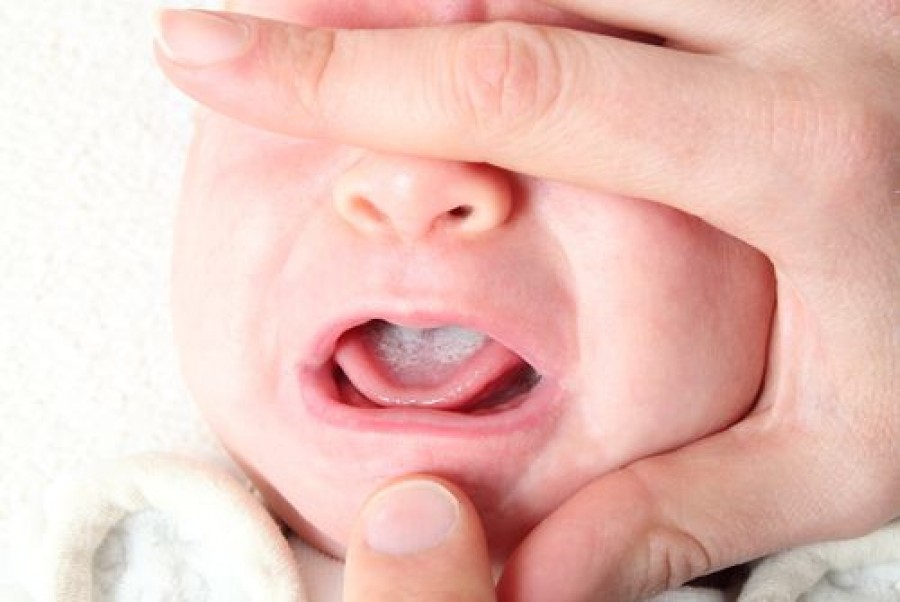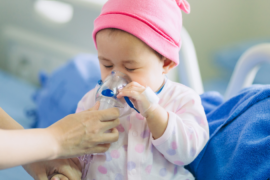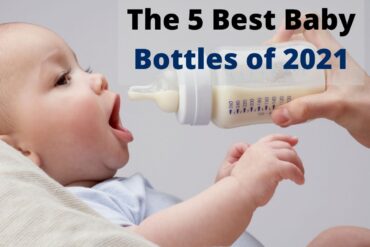Babies can’t talk, unfortunately, so whenever something is amidst they either cry or get very fussy. If your baby is irredeemably fussy and refusing their milk, they could have oral thrush, a yeast infection on the mouth.
In this article, we will talk about oral thrush and what are the must-knows for parents to overcome this.
What is thrush in babies?
Oral thrush is a mild yeast infection that typically grows in the mouth of babies, it can appear anywhere in the mouth which includes gums, sides, tongue, and roof of the mouth. Oral thrush are usually not serious but it does cause mild discomfort to your baby. You may spot oral thrush based on the white or yellow irregular patches inside the mouth.
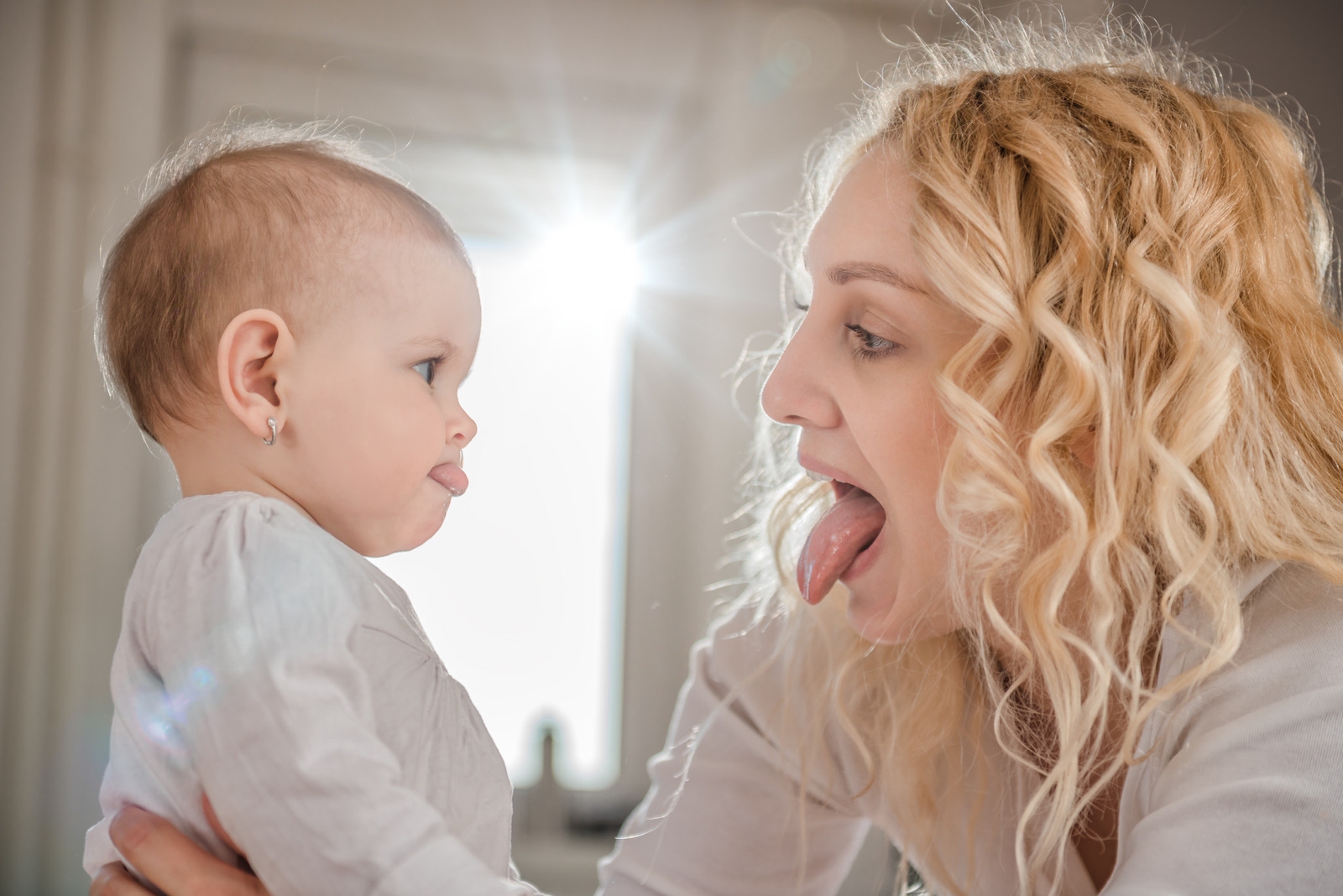
How do babies get thrush?
Yeasts are opportunistic organisms. As babies tend to have lower immune system than adults, they are generally more susceptible to oral thrush.
Yeasts can be passed to the baby from many sources. One of the most common causes is during labor. If the mother has a vaginal yeast infection during delivery, it can be passed to her baby. Another common cause is the imbalance of good bacteria in the baby’s gut. If the baby had recently taken antibiotics, their body may have a compromised immune system which allows the yeasts to flourish and develop oral thrush. Thrush can also be passed on to the mother during breastfeeding.
Signs of Oral Thrush.
White patches inside baby’s mouth. This could be a sign of oral thrush or it can be milk residue. The main distinctive factor of oral thrush and milk residue is that milk residue can be easily cleaned off. To determine if the white patches are truly oral thrush or not, parents can touch and try to wipe off the white patches with a clothed finger, if the white patch doesn’t come off very easily, or it does and you find a raw, red patch underneath, it’s likely thrush, and you should contact your paediatrician.
Oral thrush causes irritation when feeding. Another sign that parents can take note of is the unusual fussiness during feeding.

Baby thrush treatments
Since cross-infection can occur, if you or your baby is diagnosed with oral thrush, it is best that both of you get the necessary treatment. For your baby, your paediatrician may prescribe an antifungal medication, which is applied topically to the insides of the mouth and tongue multiple times a day for 10 days.
If mothers develop nipple thrush due to cross-infection, seek help and treatment from a medical professional. Oral thrush can be cured within a week with proper treatment, however, we still recommend you to get a green light from your doctor to make sure you and your baby don’t get reinfected.
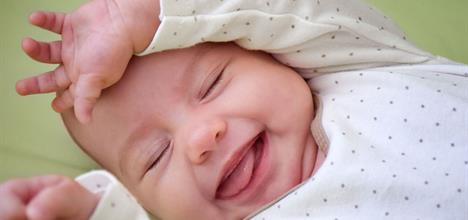
Preventing Reinfection.
Besides treating the mother and baby at the same time, the following hygiene protocols may reduce the chances of a reoccurring thrush infection:
- Sterilize pacifiers and toys. You may do so by boiling it or using a sterilizer
- Change your pacifier frequently, at least once every week.
- Sterilize breast pump parts that come into contact with breast milk after every use.
- Do not reuse damp breast pads. If the breast pads are reusable, make sure it is correctly sanitized.
- Wash your clothes frequently, if your shirt accidentally gets dampened by breast milk, rub the clothing with vinegar or sanitizer.
- Wash hands frequently and especially after diaper changes but not with antibacterial soap, which may kill the good bacteria.
- Dry hands with paper towels and discard them after each use.
- Avoid diaper wipes if the baby has a diaper rash.
- Let the baby go without a diaper whenever possible. Cloth diapers are preferable over disposables.
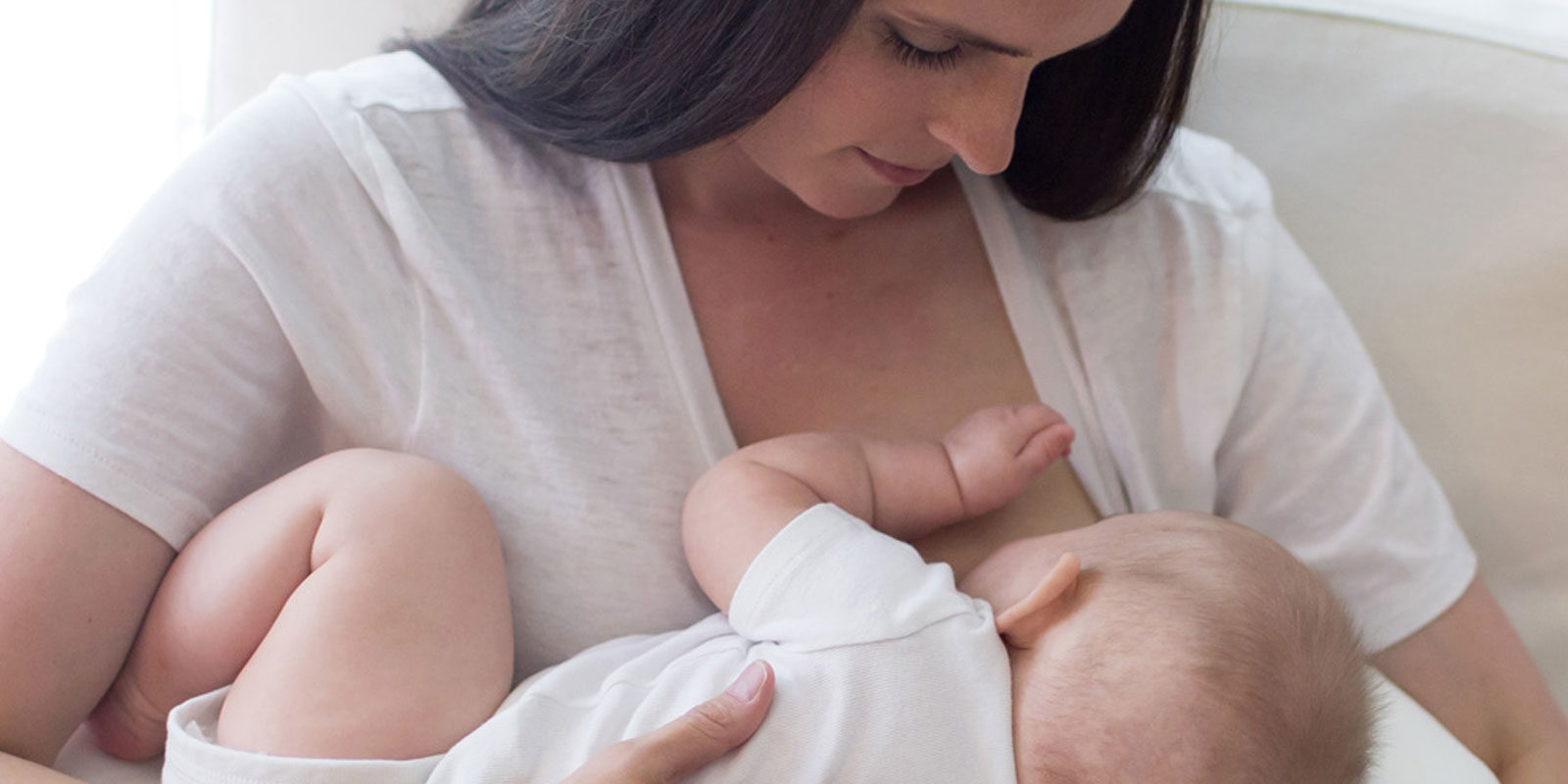
Can I still breastfeed if my baby has thrush?
You don’t have to stop breastfeeding your baby even if either or both of you have thrush. Breastfeeding does not worsen the infection as long as you and your baby are on treatment.
One thing that can help if you’re breastfeeding with thrush, provided you have the privacy and cooperative weather, is exposing your nipples to sunlight for a few minutes each day since the UV rays from sunlight can kill yeasts You may also consider taking probiotics to keep the yeast infection at bay. Even if your baby is irritable during feedings, keep offering the breast or bottle, if you’re pumping or formula-feeding.
All in all, oral thrush is a relatively normal infection due to how prevalent yeasts exist in our environment. Mothers are advised to keep them and their baby’s hygiene clean to avoid reinfection.



